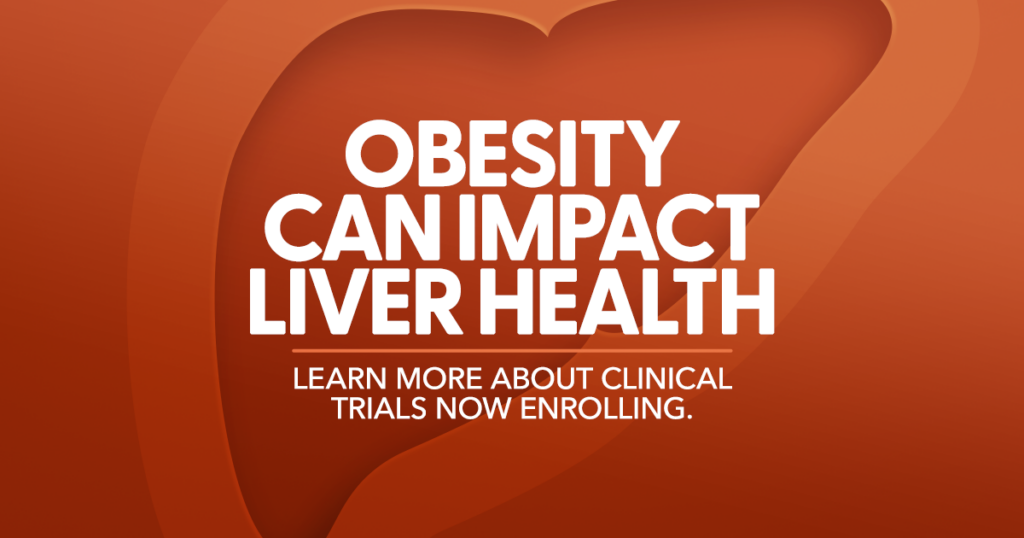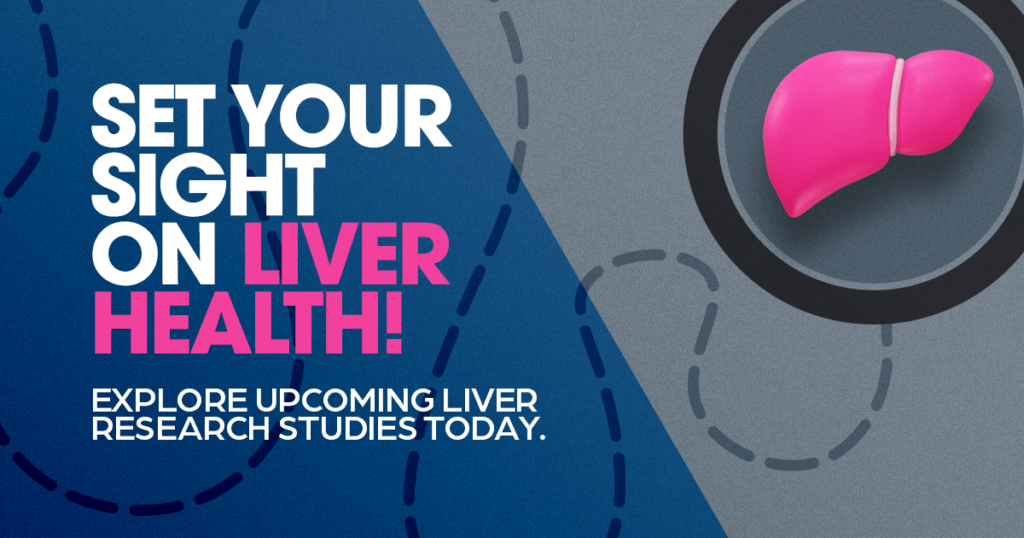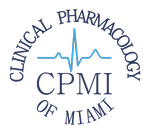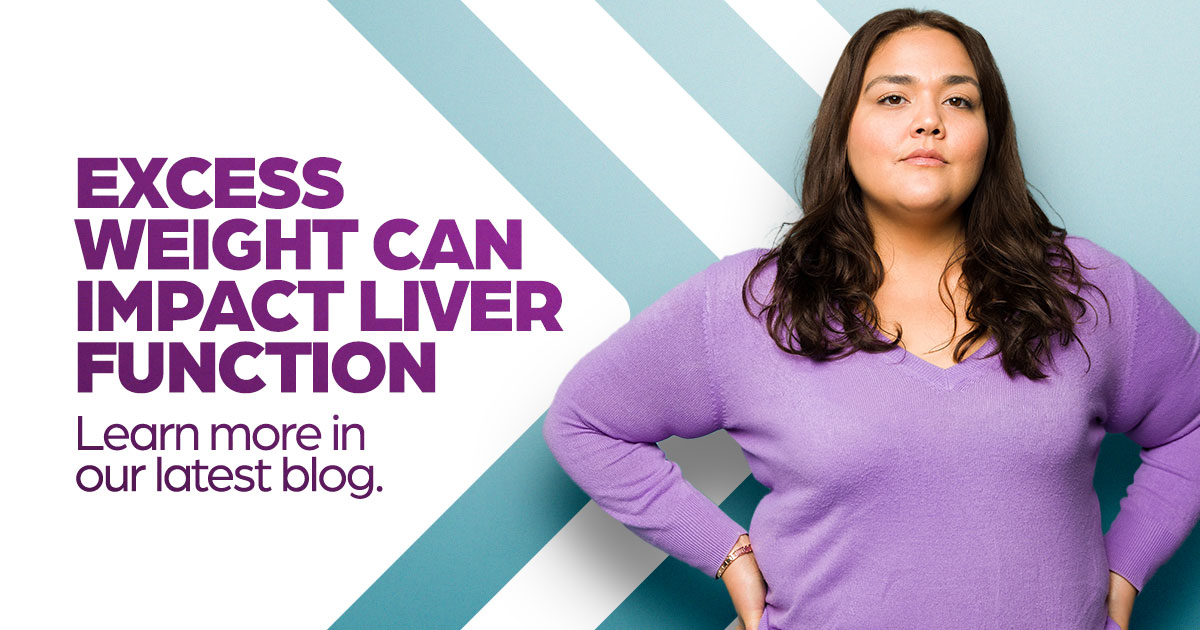Maintaining a healthy weight is crucial for overall well-being, as it directly affects the functioning of vital organs. While most people are aware of the relationship between weight and conditions like heart disease or diabetes, the impact of weight on the liver often goes unnoticed. In this blog, we will explore the connection between weight and liver health, highlighting the risks of liver disease and the importance of maintaining a healthy weight. Understanding the influence of weight on our liver is essential for maintaining optimal organ health!
The Low Down on Liver Disease
Before we delve into the link between weight and liver health, it’s crucial to grasp the concept of liver disease. The liver is a vital organ responsible for detoxifying harmful substances, producing bile to aid digestion, and storing essential nutrients. Liver disease refers to any condition that disrupts the normal functioning of the liver, causing inflammation, scarring, and impaired liver function.
Some common types of liver diseases include hepatitis, which can be caused by viral infections (such as hepatitis A, B, C, D, and E) or as a result of excessive alcohol consumption. Non-alcoholic fatty liver disease (NAFLD) is another prevalent type characterized by the accumulation of fat in the liver in the absence of alcohol abuse. Cirrhosis, a late-stage scarring of the liver, can develop as a consequence of chronic liver disease and can lead to severe complications. Other liver diseases include autoimmune hepatitis, primary biliary cholangitis, primary sclerosing cholangitis, and liver cancer.
Each type of liver disease presents its own set of symptoms, progression patterns, and treatment approaches, underscoring the importance of proper diagnosis and individualized care for optimal management.

Weight and Liver Disease: The Connection
Carrying excess weight, particularly abdominal fat, can have a profound impact on liver health. When we gain weight, fat accumulates not only beneath the skin but also around organs, including the liver. This buildup of fat in the liver is known as non-alcoholic fatty liver disease (NAFLD). NAFLD is closely associated with obesity, insulin resistance, and metabolic syndrome.
As NAFLD progresses, it can lead to a more severe condition called non-alcoholic steatohepatitis (NASH). NASH is characterized by inflammation and liver cell damage, which can eventually progress to liver fibrosis, cirrhosis, and even liver cancer.
It is important to note that not all individuals with NAFLD will develop NASH, but obesity is a significant risk factor. Lifestyle modifications such as weight loss, a balanced diet, exercise, and managing related conditions like diabetes and high cholesterol are crucial in managing NASH.
Recognizing Symptoms of Liver Disease
Liver disease often presents with nonspecific symptoms, making it challenging to diagnose in its early stages. Some common symptoms include:
- Fatigue and weakness
- Jaundice (yellowing of the skin and eyes)
- Abdominal pain and swelling
- Nausea and vomiting
- Loss of appetite
- Dark urine and pale stools
- Easy bruising and bleeding
If you experience any of these symptoms or suspect liver disease, it is crucial to consult a healthcare professional for proper evaluation and diagnosis.

Prioritizing Liver Health and Research
While weight management plays a crucial role in preserving liver health, ongoing research and clinical trials are essential to develop effective treatments for liver diseases. Here at Clinical Pharmacology of Miami, we are dedicated to advancing medical knowledge and discovering innovative treatments for various health conditions, including liver diseases. Our clinical trials offer individuals an opportunity to contribute to medical research while gaining access to potential new therapies. By participating, you can play an active role in the development of treatments and potentially help improve the prognosis of liver diseases.
To learn more about the upcoming clinical trials at Clinical Pharmacology of Miami and explore opportunities to get involved, visit our website or contact us today at 305-817-2900. Join the fight against liver diseases. Let’s prioritize our liver health and take steps toward a healthier future!




